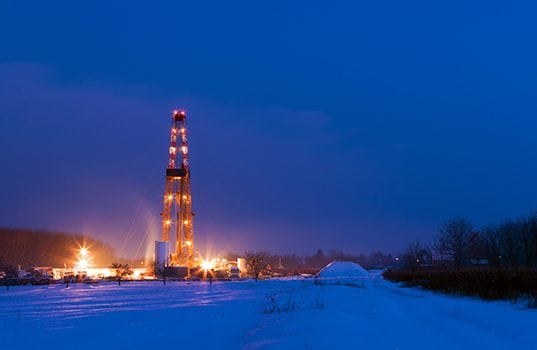Although environmental groups and some policymakers point to a study published in Environmental Health as proof fracking is linked to dangerous air quality, that study is deeply flawed, according to a new Policy Brief released by The Heartland Institute.
In “A Critical Assessment of ‘Air Concentrations of Volatile Compounds Near Oil and Gas Producation: A Community-Based Exploratory Study,’” chemist and environmental consultant Rich Trzupek highlights the serious shortcomings of the report.
Trzupek notes:
• The study’s authors, Gregg P. Macey of the Center for Health, Science, and Public Policy at Brooklyn Law School and colleagues, did not conduct upwind and downwind sampling, but rather assumed background concentrations based on national averages;
• The risk levels used by Macey et al. are based on a lifetime of exposure to the target pollutant at the measured concentration. In the majority of cases this comparison is not scientifically defensible; and
• The study is not an examination of air quality during fracking, but rather an examination of air quality near operations and equipment common to oil and natural gas production and transportation regardless of whether the well was fracked.
Trzupek notes, “In 60 percent of the sampling events, … concentrations of target pollutants did not exceed the alarm levels set by the authors. To their credit, the authors did not attempt to hide this fact. Nevertheless, this fact has been routinely ignored by media and policymakers.”
Trzupek says future studies should address the flaws examined by his Policy Brief and examine emissions in proper context. He warns against singling out a particular emissions source in an “attempt to demonize that industry as presenting a unique threat.”









